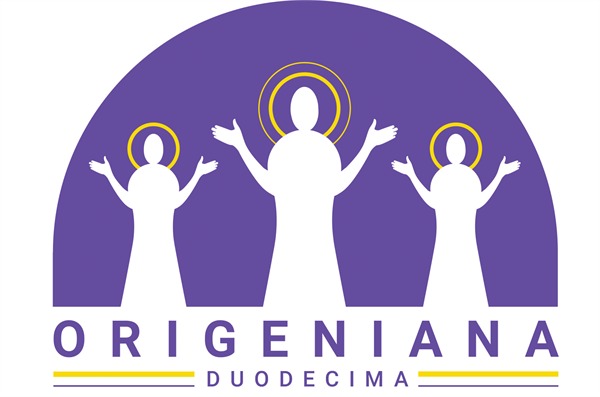New conference panel in the ITN: Origen, Body and Soul
The ITN professors A.-C. Jacobsen and A. Fürst have been granted a panel at the Origen conference in Jerusalem in 2017. The panel will focus on the theme Body And Soul in Origen’s Theology.

Panel at the Origeniana conference in Jerusalem on June 25-29, 2017
Two of the senior researchers in the ITN, Professors Anders-Christian Jacobsen and Alfons Fürst, have been granted a panel within the ITN framework at the Origeniana conference in Jerusalem. The panel will discuss new research tendencies (as well as old theological problems) within the theme of Body and Soul in Origen's theology:
The question about how mind, soul and body are related to each other in Origen’s theology is as old as the controversial discussions about his anthropological and soteriological concepts as a whole. It is usually discussed in connection with his eschatology – especially with the status of the body in the resurrection. Origen is here widely reproached for his alleged spiritualization (or at least spiritualizing tendency) and his disregard for the (human) body and of matter in general. In recent research, however, it has been suggested that his assessment of the body is in fact much more positive – that the body in Origen’s thought is not evil and that matter is not the cause of evil; free will is. Moreover, according to recent research, matter actually plays a mediating role in his soteriology. It mediates goodness and truth, and when trying to comprehend spiritual realities, a human being has to start with the corporeal senses. In this understanding, Origen thus goes beyond Plato and ascribes essential goodness to matter and body. The most famous expression of this positive assessment is his theory of ‘spiritual senses’.
The proposition of the goodness of matter and body provides a new approach to the main topics of the Origenian concept of world and humankind and calls for debate. How does this affect, for instance, the concept of the incarnated Son as mediator and the relationship of the human souls to the soul of Christ? Through and in Christ’s body and soul, united with the Logos, the connection and the mediation of heaven and earth is established, and thus matter and body open up the way toward salvation for the human person. If the incarnated Son reveals the mystery of Christ, then matter is entirely positive and good (but can easily be abused for evil purposes). What does this mean for the preexistent body and the bodily resurrection? For Origen, the soul is always connected to a body; even in the preexistent world (only the Trinity is incorporeal). What about the resurrected body? And furthermore, in a universal cosmic dimension we can ask about the status of matter within the creation as a whole: In Origen’s concept of salvation, nature and history are the ‘movement’ of God. Given this, matter and body are not only a medium of the comprehension of God and of salvation but truly its expression. They are not only a kind of tool which is no longer necessary when human beings have reached the goal of salvation but the remaining mode of the encounter between God and man. Thus, the new research approach opens up for new ways of understanding theological problems, but it is also a matter of debate in itself – for to which degree does it find support in Origen’s texts? All these matters are open for debate in the panel.
The panel participants will include ESRs and senior researchers from the ITN.
The organisers invite everybody to send an abstract for the panel (or just to come and participate in the conference). The abstracts can be uploaded on the conference website where more information on the conference can also be found: http://www.csc.org.il/template/default.aspx?PageId=120